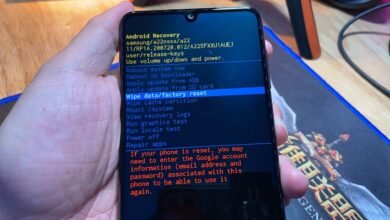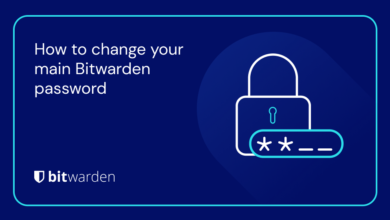

Entering the world of Software Engineering is a magical journey into the realm of computers. It is not just about learning to code. It is all about learning problem-solving skills and creating creative things with the help of technology.
This guide provides a friendly map to explore the computer wonderland. Imagine yourself as a digital artist, painting with lines of code and creating your tech masterpieces. So, put on your explorer hat, and let’s have fun learning how to become a software engineer – where every step is like a discovery in the beautiful world of computers.
Becoming a software engineer involves six main steps:
- Educational Foundation
- Development of Practical Skills
- Version Control and Support
- Specializations
- Resume and Portfolio Building
- Technical Interview Preparation
Educational Foundation
Start your journey by choosing an appropriate educational path. It is essential to have a formal education in Computer Science or a related field. This educational path encompasses a thoughtfully structured curriculum, enabling individuals to gain a profound grasp of fundamental concepts.
- Online Courses and Certification Boost your education with online courses and certifications. Check out platforms like Coursera and Udacity for a variety of courses. Dive into your interests and stay updated on industry news. Improve your practical skills along the way. It’s an excellent way to learn beyond the classroom!
- Practical Education While theoretical knowledge is essential, practical learning is equally important. Engage in hands-on coding projects, cooperate with colleagues, and participate in coding challenges. This practical experience helps you apply theory to the real world, preparing you for future challenges.
- Internships and Co-op Programs One can achieve significant real-world experience by participating in internships or co-op programs. These options provide insight into a professional environment, allowing you to apply your classroom understanding to projects. That is one step towards becoming an excellent software engineer.
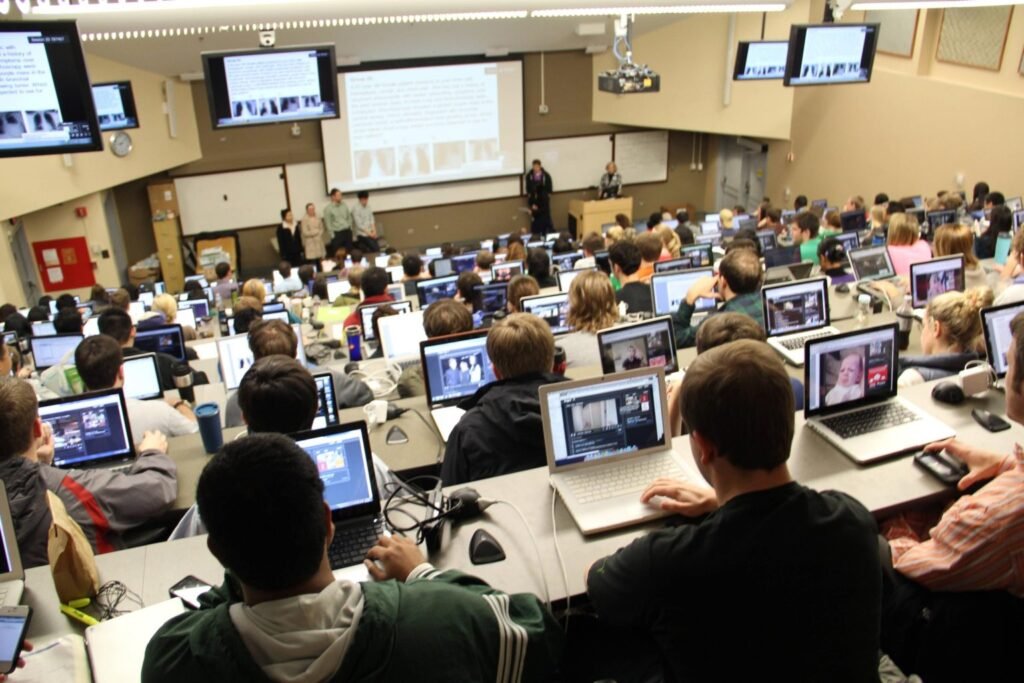
The “Educational Foundation” phase is about setting the stage for your software engineering journey. It connects traditional education with online courses, practical projects, and hands-on experience, ensuring you have a well-rounded skill set to succeed in the dynamic field of software engineering.
Development of Practical Skills
Beyond the theoretical empires of textbooks and lectures, the importance of becoming a skilled software engineer lies in practical skill evolution. It’s like running coding tools in a hands-on workshop, turning conceptual understandings into tangible creations.
Embarking on Hands-on Coding Ventures: Developing Practical Skills invites you to hands-on coding adventures. Picture it as a workshop where you actively build software, build applications, and tackle coding challenges. It is the forge where theoretical knowledge turns into practical skills, developing problem-solving and coding skills.
Navigating Real-World Terrain Through Internships: Transitioning from the hypothetical to the natural, practical skill development culminates in internships and co-op programs. These experiences immerse you in the professional coding landscape, facing industry challenges and applying your developing skills first-hand.
In practical skill development, you’re not just a spectator in the code universe. You are an active participant, developing skills and honing your skills to navigate the complex world of software engineering. This hands-on odyssey is where your coding journey transforms from theory to impactful practice.

Version Control and Collaboration
“Version Control and Collaboration” encapsulate the collaborative orchestration of coding endeavours in the dynamic realm of software engineering. Imagine it as a grand symphony, where version control systems like Git serve as conductors, harmonizing the contributions of multiple developers seamlessly.
It’s not just about managing code versions; it’s a ballet of collaboration on platforms like GitHub, where developers dance together, contributing to projects and creating a vibrant, synchronized code ecosystem.
This heading embodies the crucial art of maintaining code harmony, ensuring that every note or line of code plays its part in creating a cohesive and efficient software masterpiece. It emphasizes individual coding proficiency and the collaborative spirit that defines successful software engineering projects. ”How to change your iphone name”

Specialization
“Specialization” in the context of software engineering is akin to choosing your constellation in the vast coding cosmos. It involves honing your expertise in a specific niche, whether web development, mobile applications, or artificial intelligence.
Imagine it as setting sail on your coding adventure, navigating through the stars of your chosen specialization. This journey goes beyond general coding proficiency; it’s about delving deep into a particular domain, mastering its intricacies, and becoming a virtuoso in that cosmic corner of technology.
Specialization empowers you to carve your unique path, ensuring that your coding journey is not just a random orbit but a purposeful trajectory toward becoming an expert in the ever-expanding universe of software engineering. 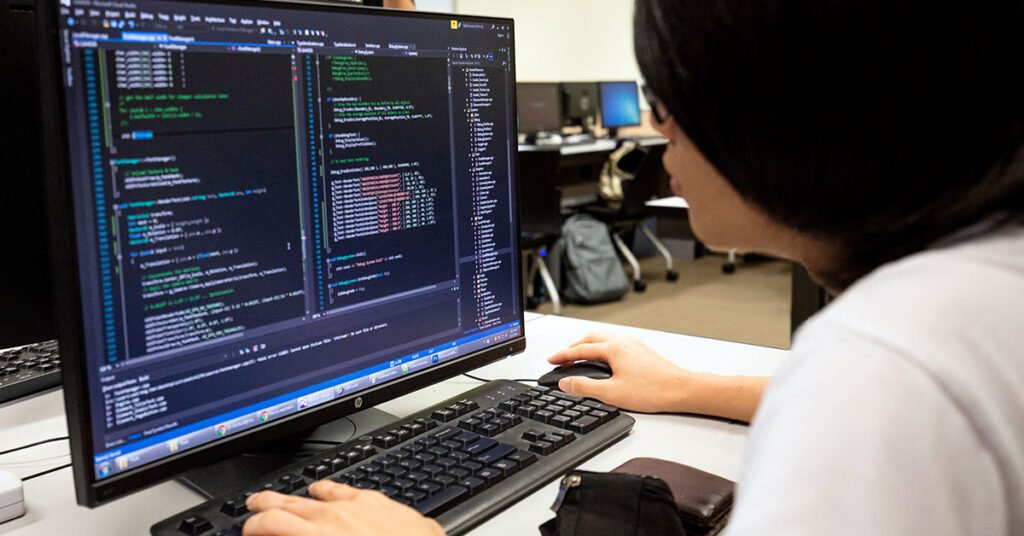
Resume and Portfolio Building
Resume and Portfolio Building” is the art of turning your coding journey into a compelling professional story. It’s more than just listing skills; it’s about creating a narrative that uniquely describes your coding. Odyssey reveals. Think of your resume as a storybook; each section represents a chapter of your skills, projects, and accomplishments.
Your portfolio is a gallery for the world to see. “Display your exceptional coding skills to the world by showcasing your best work.” In the process, strategically curating your experiences, highlighting projects that reflect your skills, and optimizing your resume with keywords includes creating one that will likely resonate with employers.
Picture this as a grand unveiling of your coding skills, ensuring your professional story stands out on the broader software engineering landscape. It serves as the gateway, welcoming others to acknowledge the stories you’ve crafted using the code language, establishing your footprint as a proficient contributor to the technological narrative.
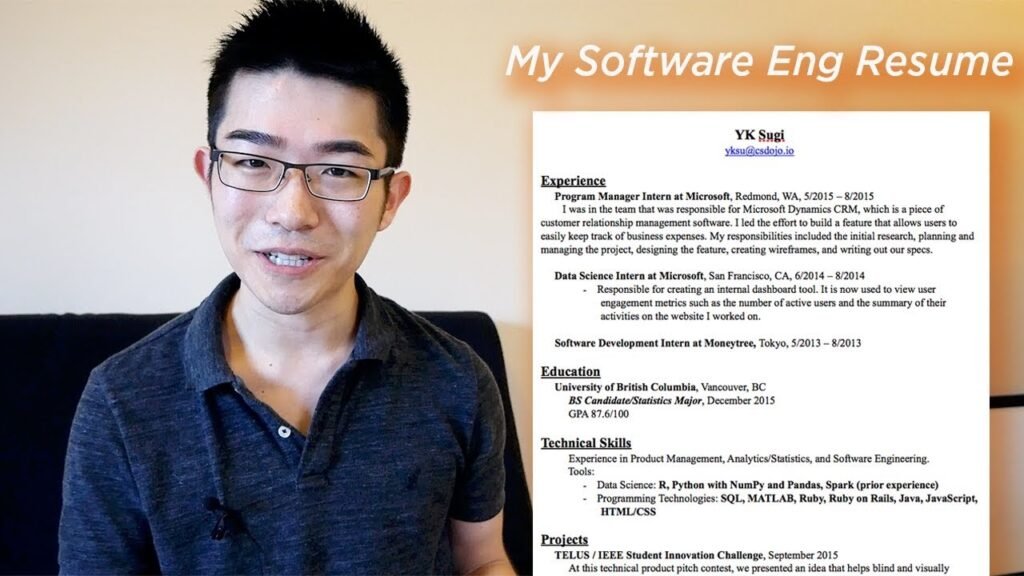
Technical Interview Preparation
“Technical interviews” represent the critical stage where aspiring software engineers demonstrate their coding and problem-solving skills. It is a dynamic dialogue, akin to a skilled performance, where candidates demonstrate their ability to tackle algorithmic challenges and communicate their thought processes.
Consider it a conversation based on code, where each line of logic becomes a key sentence in your interview narrative. Mastering technical interviews applies to mastering algorithmic problem-solving on platforms like LeetCode and HackerRank, like practising for a performance. Further algorithms, the focus is on behavioural interviews, where interpersonal skills and collaboration take centre stage.
Successfully navigating this interview stage is like orchestrating a symphony of skills, balancing technical expertise with effective communication, and ensuring that you speak the language of code and the software engineering interview. Furthermore, gracefully navigate through the diverse challenges presented in dance.

What is software engineering, and what does it do?
Software engineering systematically develops, tests, and maintains software applications and systems. It combines computer science, mathematics, and engineering principles to create efficient and reliable software solutions. Software engineers, often called developers or programmers, play an essential role throughout the software development lifecycle. Their responsibilities include:
- Analysis: Requirements analysis involves working closely with stakeholders to understand the software project’s needs and expectations.
- Design: Creating blueprints and architectural plans for software, outlining how the various components will interact.
- Coding: Writing the code using programming languages to implement the designed solution.
- Testing: Making sure the software works by identifying and fixing any bugs or problems.
- Maintenance: Continually updating and improving the software to meet changing needs and solve emerging problems.
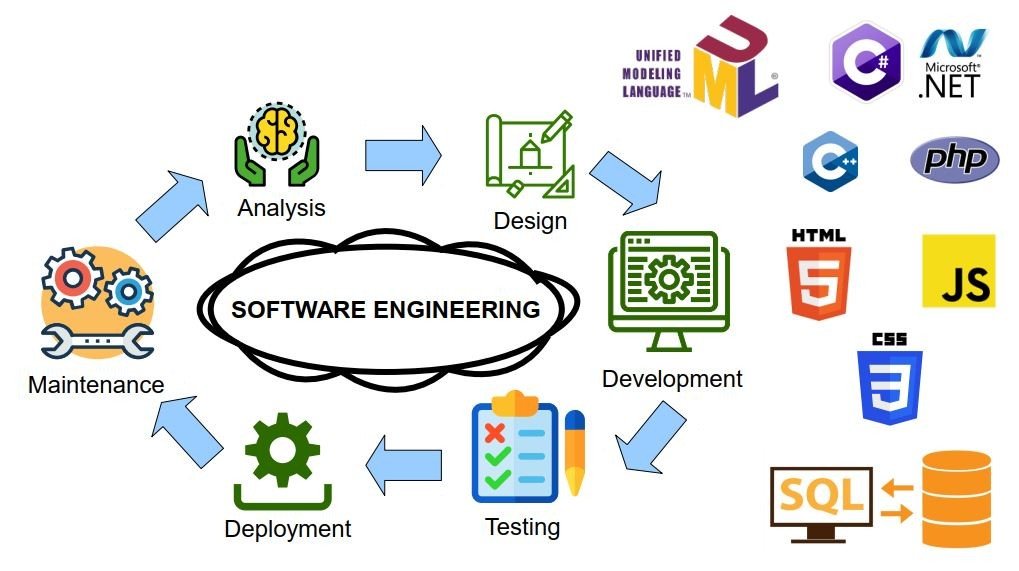
Software engineers are problem solvers who leverage their technical skills to develop innovative and functional software solutions that meet diverse user needs across industries.
How long does it take to become a software engineer?
In many ways, undertaking a journey to become a software engineer is a unique experience. It depends on factors such as your preferred learning method, your reliability and the difficulty level of the skills you acquire. Usually, getting a bachelor’s degree in computer science or a related field takes about four years.
But there are quicker options, like coding boot camps or learning at your rate. These alternatives offer a faster way to dive into software engineering. So, whether you’re taking the traditional route or exploring new paths, the journey to becoming a software engineer has various options tailored to your preferences and pace.
These alternate routes often last from a few months to a year. Practical experience through internships and personal projects accelerates skill development. Expertise in specific areas can extend the timeline. Becoming a software engineer is a unique journey, with the time invested demonstrating a deep understanding, expertise, and personal commitment to the evolving technology landscape.
What is the field of software engineering, and what does a software engineer do?
Software development is creating and maintaining computer programs, similar to building and caring for them. It’s about ensuring they work well, testing them, and fixing any issues. Imagine it as building something special on your computer using a mix of computer science, math, and engineering.
It’s like assembling a puzzle, where each piece (or code) must fit just right. Software engineering is about developing reliable and efficient solutions to make computers do amazing things, not just writing code. It’s like being a digital engineer, designing and building the digital structures that power our daily technology.

How Long Does It Take to Become a Software Engineer?
The timeline to become a software engineer varies due to educational path, individual dedication, and skill complexity. Bachelor’s degrees in computer science or related fields typically require four years of study. There are alternatives to traditional education routes that offer faster options to acquire new skills.
For instance, coding boot camps or self-paced learning are two options that one can consider. These alternative paths often range from a few months to a year. Practical experience through internships and personal projects accelerates skill development. Mastery in specialized areas may extend the timeline.
Ultimately, the journey to becoming a software engineer is a unique expedition, with the time invested reflecting the depth of understanding, proficiency, and personal commitment to the ever-evolving landscape of technology.
What programming languages should you choose to become a software engineer?
Deciding “What Programming Languages Should You Focus on to Become a Software Engineer?” is like selecting colors for your artistic canvas. The answer to your question depends on your goals and the specific projects you have in mind.
Let me know if you need more information or guidance! Java, Python, and JavaScript are like primary hues; they are foundational and widely used. If you’re into web development, HTML, CSS, and JavaScript become your vibrant brushes. Are you specializing in data science? Python might be your go-to.
Each language is a tool with its strengths. It’s like picking the right brush for a masterpiece. Ultimately, the choice depends on your artistic vision – the software you want to create. So, explore the coding palette, experiment with languages, and paint your unique software landscape.
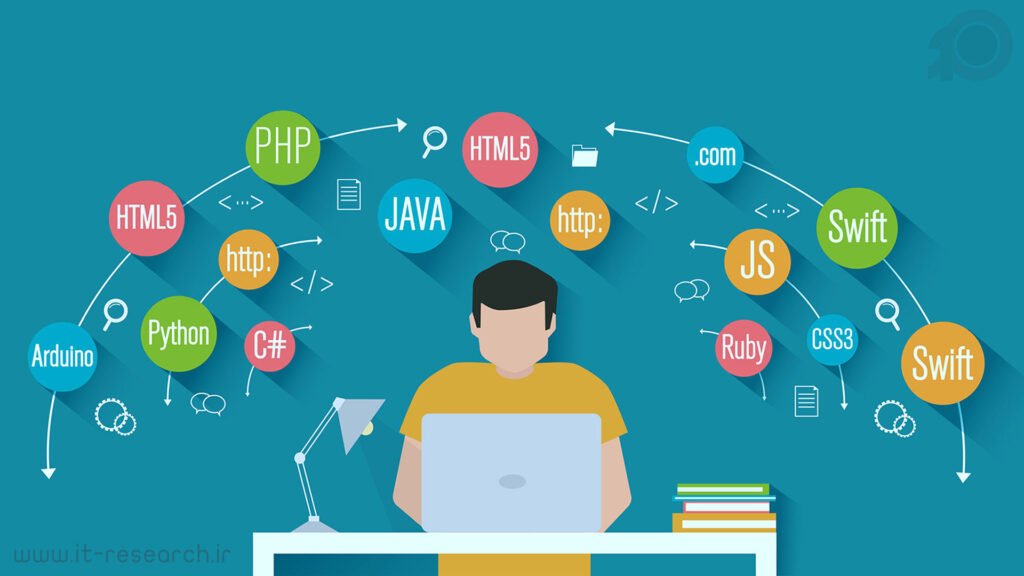
Conclusion
In conclusion, the journey to becoming a software engineer is a dynamic expedition marked by continuous learning, practical experience, and the cultivation of specialized skills. From laying the educational foundation to crafting a unique specialization, each step contributes to the evolution of a proficient coder.
Upon analyzing the intricacies of version control, teamwork, and the importance of crafting an effective resume, we realized that software engineering requires more than just coding proficiency. A successful software engineer must have expertise in programming languages, critical thinking skills, and excellent communication abilities.
So, as you embark on this quest, remember that the path is as vital as the destination, and each challenge is an opportunity to refine your skills in the ever-evolving landscape of technology.
FAQS
[sp_easyaccordion id=”1656″]




